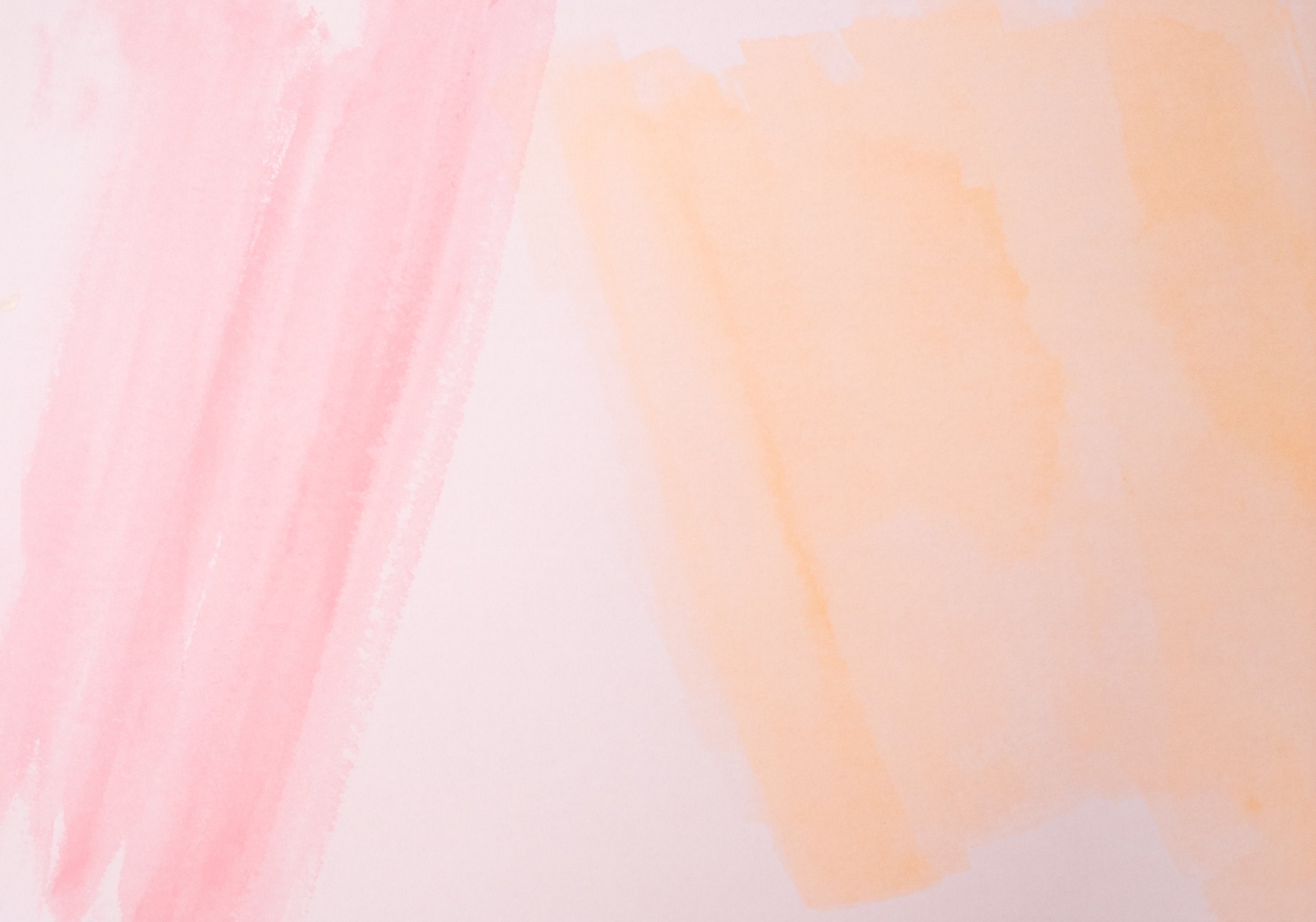
About the European Patent Attorney profession
INTERVIEW
Marvin Hoffmann
Country: Germany
Size of in-house patent team: 100+
Experience: 0-5 years
Type of work: In-house
How did you learn about the Patent Attorney profession and what inspired you to become a (European) Patent Attorney?
When I finished high school, I wasn’t sure if I should study physics or law. In my second semester during physics studies, I became aware of the patent attorney profession by a book dealing with jobs for physicists. As during this time, I watched the American TV series “Suits”, I was really curious about this profession, so I started a 1-month-traineeship in a patent law firm where afterwards I got a job offer as a scientific assistant mainly responsible for state-of-the art searches and claim translations which I happily accepted and helped me learning more and more about the patent attorney profession.
Most people know that Patent Attorneys help clients obtain a patent. However, what other tasks are you responsible for?
Besides the normal tasks of an inhouse patent counsel (managing in close cooperation with outside counsels grant and opposition procedures before various IP offices e.g. DPMA, EPO, USPTO, CNIPA or JPO and conducting them for myself, evaluating invention disclosures, own and third-party (freedom-to-operate) IP rights, advising R&D teams and IP managers, drawing up contracts in IP-related matters and conducting contract negotiations), I become more and more involved in conducting Due-Diligence analyses and post-merger-integration projects. After I passed the European Qualifying Examination, I started preparing new colleagues for those exams.
If you had to split your role into science, law, and business, what is the proportion of each?
Hard to tell, as (as always for attorneys) it depends. The proportion shifts from time to time, but my gut feelings would say 35% science, 40% law, 25% business.
What does the team structure at your workplace look like?
It is a bit complicated, but in principle we have three patent departments in which patent attorneys work and corresponding patent managers in the business units.
What does your average workday look like?
Normally, there is nothing like an “average workday”. Usually, I try to work on the various projects (as mentioned above for the “tasks”), however oftentimes I receive “urgent” requests with which I need to deal with on a short term.
What would a dream workday as a (European) Patent Attorney look like for you?
My dream workday would go something like this: in the morning I would participate in a very interesting and challenging invalidation or infringement oral proceeding (which of course we win in the final end) and in the afternoon I would visit stakeholders from the business units and R&D to deep-dive into a product with mind-blowing technology. At the end of the day, together with my colleagues we celebrate this successful day with barbecue and some beers.
What is the most exciting aspect of being a (European) Patent Attorney for you?
The most exciting aspect of being an inhouse patent counsel is combining technology with business and law which requires strong collaboration with experts of each of those fields.
What are your least favourite tasks?
I really love my job. But studying for the EQE was hard. Teaching however makes a lot a fun, but sitting those exams is pure stress.
Does your job allow you to have time for your hobbies? Do you have any side projects related to patents?
Yes. I am quite flexible in my job. Nevertheless, my job is quite time consuming, so as always one needs to find an appropriate balance. However, at the weekends with very rare exceptions there is enough time to meet family and friends, go hiking or swimming in lakes. During holiday, I love to travel the world.
If you could start your career over, would you change anything?
No, I am really happy in my current situation.
If the Patent Attorney profession suddenly disappeared tomorrow, what else would you do?
Good question. Most likely, I would go deeper into IP managing positions, i.e. trying to use IP more as commercial assets and thinking of appropriate IP strategies.
What advice would you give someone that wants to become a European Patent Attorney?
Study hard and keep going. When the exams are passed, time will be much better. But you must realize that it will be a tough time for becoming a European Patent Attorney.
With more and more available software (patent searching, drafting, etc.), do you think the work of European Patent Attorneys will change in the next 10 years?
Yes. For me as a European Patent Attorney working as an inhouse counsel I think my work will shift more in the business-driven direction. In the future, we will not spend so much time drafting patent applications or responding to office actions (but maybe only reviewing the work product which is created by AI software) but focus more and more helping our company figuring out appropriate IP strategies as using IP as commercial assets under the consideration of the various multinational IP laws.

